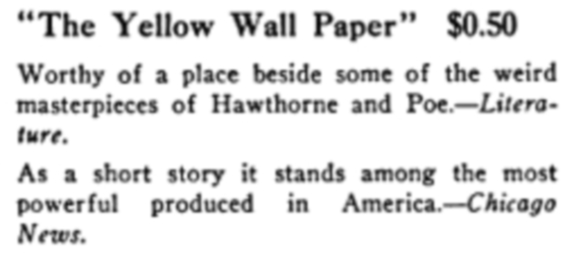
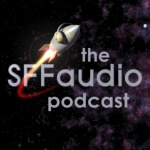 The SFFaudio Podcast #640 – Jesse, Paul Weimer, and Scott Danielson talk about Wang’s Carpets by Greg Egan
The SFFaudio Podcast #640 – Jesse, Paul Weimer, and Scott Danielson talk about Wang’s Carpets by Greg Egan
Talked about on today’s show:
Greg Bear, its been a while, a story about scientists doing science in a science fiction story, really pleasant, a lot of philosophy and a lot of scientific ideas, establishes themes, distilled, some real questions about the world, many worlds to conquer, sense of wonder, fractals, not conquer, contact is conqueror, very Prime Directivey, a Sterling thing, the Shaper Mechanist stories, biological and technological, parallel lives, they’ve mastered biology, they’re digital, baseline humans, 96 percent of me died, I’m going to mourn that for a while, Borderlands, digistructs, Star Trek, stuck in the buffer, technically this story is really good, not writing problems, digital vs. biological, the CZ folks, there was a reality, not a solipsistic universe, All You Zombies by Robert A. Heinlein, why Scott is worried (what Scott understood), biological copies, they’re not in a simulation, when they arrive at Vega, another level, one of the reviews, a little bit of Borges, how Set Theory interacts with philosophy, an infinity of numbers, this thing could go on for a while, a bigger infinite set, once you set down this path, interesting to think about what’s going on, rather repulsive, a few shows ago, In The Clutch Of The War God went to Aurora by Kim Stanley Robinson, the post-human aspect, going post-human, changing your eye stalks, your dad’s third copy of your cousin, sound and fury signifying nothing, the act of looking at mp3 files is copying them, I don’t download I only stream, any actions within a computer are copying actions, going to visit a website is downloading it, big sheets of sugar, it turns out its not alive, turns out its not alive, in the interstices, what’s so interesting about this, kind of like Exhalation by Ted Chiang, these things are going on without us, hard fantasy, its much more like Flatland by Edwin A. Abbott, learning the rules of a game, why is he telling me about the emotional relationships between these characters, they don’t have belt pouches and breakfasts, they don’t care whether it is raining, following robots, these are not a metaphor, any sense why Jesse would have a reaction, the message is sad, the people at home are living in VR worlds, step one set back and we’re looking at a short story, yeah within the story it all makes sense, within the story, the story is meta-questioning, somewhere deep in the center, why the search for life is necessary, suicide and emigration, people are excited to hear about life, if this goes on…, the carpets seem to have their own thing going on, exactly like your world, its incestuous, Wang tiles can’t be mirrored, very depressing, here’s the problem, here’s the solution, the problem is present again, escape solipsism with reality exploration, they’re playing proceduraly generated Minecraft, like LEGO, clunky cubic architecture, making calculators and computers that run programs inside of Minecraft, the logic chain, Redstone circuits, and or gates, Neal Stephenson’s The Diamond Age, like the data tape of a Turing machine, if someone had recorded all of our button presses…, control systems, a series of button presses, home computer programming, BYTE Magazine, Ti 99/4A, most people are not going to have access to this story, The Hard SF Renaissance, Mainly Books And Reading Blog, they have their own private language, a thinking machine, its a person, very distanced from the characters, some of them look like butterflies, post-human stuff, a mirror to the world that they’re exploring, the character of Orpheus, there’s no head involved, Cyberpunk 2077, one of the things you can do in the game is you can modify your character, super-customize your character, purple skin and eight fingers per hand, robot legs, eventually you’re just a thing that was a robot, these are not the bodies of the people back on Earth, the thoughts or the Turings of the people, they have votes, nobody would every consider cheating here, the guy who used to be his own son, it is all about the head, ultimately this is a math story, distinct realms, using math to measure reality, digital vs. analog, digital people living in a digital world, stored in pattern buffers, Carter Zimmerman, exploring the physical world vs. we’ve got aliens, so meta and so Borges, a very interesting crystal fractal thing, alienating, reading about others, there’s so much character work, consciousness downloading, Robert J. Sawyer, Four Lords Of The Diamond by Jack L. Chalker, Call Me Joe by Poul Anderson, Hyperion by Dan Simmons, death is not an issue and the biggest issue that ever could be, suicide, immortality, no more copies, downloading memories, a linear existence, explored, tossed-around, really dense, a lot happening, read and listened simultaneously, a different skill, words that give you trouble, spelling, the philosophical exploration, ideas for life, back to Borges, The Library Of Babel, indefinite, infinite, standing room for sleeping, I prefer to dream, a world (not our world), what are in the books, how the world looks, the world consist of rooms, hexagonal, there is not outside world, it could be a giant circle, it could be a carpet, on that water world, some beaches somewhere, the toxic UV, out of contact with the reality of the sun, Plato’s cave creatures, no sense data, social information, a model of the internet, we could hook up webcams, so full, the naming of the planet (Orpheus), he’s despairing, that’s depressing, not a character story, a bit of nostalgia for Paul, all Paul wanted out of science fiction, characters could go hang, their world is presented clinically, they’re there, we’re distanced – like we’re scientists examining them, legitimate emotions, as much as Jesse’s emotions are legitimate, there’s no difference between actual people and fictional people?, an anthropocentric universe, the young earth creationists, The Star by Arthur C. Clarke, these are the worries, the Fermi paradox, subspace chatter, why aren’t the Cardassians yelling at the Klingons, are we the first?, the only?, that’s what they’re saying, mocking, a cause for happiness, hey they discovered life on Mars again!, because there’s some methane, every fifty light years there’s a plankton sheet, fifty light years on there are ones with eyes, fifty light years beyond that there are ones with brains who worry about being alone, their hope, a twofer, a good old fashioned excuse to point to an article of November 1965 issue of Scientific American, Border Guards, David G. Hartwell, the lit crit pov, science as a symbolic construct of language, that’s part of it, are you gonna live you life playing computer games or live a real life, digital clothes for your avatar, the post-human people, the trans-human people, dump these bodies, we’re going to be digital, buy the books, the hard reality is they’re stuck in a meatbody, Kiln People by David Brin, its a metaphor for books, just shoot annoyed clones, typical Brin, I wanna play Minecraft, I left a me in the fridge, Transmetropolitan, robot slaves, you’ve got to have a plot, Raymond Kurzweil, cryonics, I can become younger, self-improvement, augmentation, nano-robot stuff, we do this, cataracts, what you’re claiming to think is consciousness, Evan Lampe, current Klingons aren’t interested in developing science, Klingons are post-human larpers, new fashion, what’s the difference between that and culture, the people who wanna be foxes, furries, unrealistic hope, you’re an ape that can swim and put on clothes and light fireplaces and collect rings, you’re not a bird, you’re not a fish, you’re definitely not going into a chrysalis and coming out a butterfly, 20 spots left in my harem, the more x chromosomes the better, if you have the fallopian tubes, we’re biological, we can’t fully transform from that, Jesse Simulator 1.2, a mistake like warp drive, that’s just gravity assist, Pandora’s Star by Peter F. Hamilton, I liked Sliders too, the farcasters in Hyperion, every room on a different planet, which planet does he choose to poop on, how many classes do we have in this story, everybody is equal except how many generation you are, suicide of emigration, what those carpets are doing, that we know of, they don’t have eyes, we come with assumptions, everything that looks at stuff have eyes, trees can detect light, designed to be depressing, these are not supposed to be humans, would you be cool with being a clone?, your clone uncle is now a butterfly, they have Wikipedia, post-scarcity, trans-humanist space journey, you can drink digital root beer and take digital photographs, another rant, AI software used in photos, HDR, slices of the reality that was there, the mark 1 eyeball, cheating, that lady who restored the painting of Jesus to look like a capuchin monkey, this is what Jesus looked like maybe, Paul’s philosophy of photography, that’s not really what you saw, the bad driving out the good, a weird overlay of reality, a watermark, a fascinating discussion, similar arguments in sports, a valid sports participant, a list of things you can’t do, using technology to enhance a performance, SPVIZ runtime, you never could, the Iwo Jima flag raising, manual photograph, choosing where to put and place the camera, it has always been the case you can’t trust the narrative, media literacy, common sense, The Invention Of Lying (2009), its a stage of human development, if I make a scary noise mom thinks I’m in pain, not everything is real, they can edit their personalities, change their dispositions in radical ways, a totalitarian state, I seem to remember that not being the case, so spotty, so useful, have the focused changed, the narrative, so meta, all those sets, if not deliberately, the story itself as part of the story, levels of a story, wholly artificial, a construction that’s interesting to look at, the appeal of sodoku, a logic exercise, a program that will do it in real time, kind of like dominoes, one sided tiles, good story, depressing story, in the Aurora sort of way, maybe that’s why there’s no photo of him, he might be a butterfly, the fundamental constants changed, the Clockwork Rocket series, what if light bends differently, the Greg Egan way.
Posted by Jesse WillisBecome a Patron!
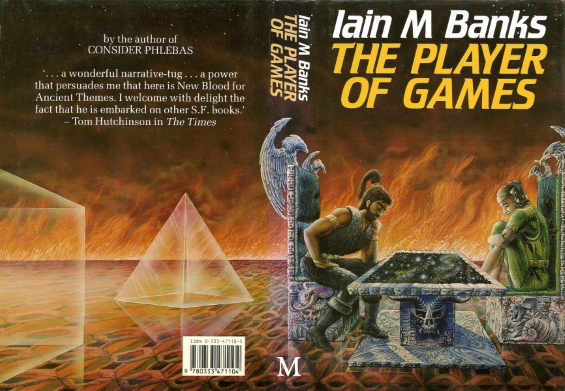

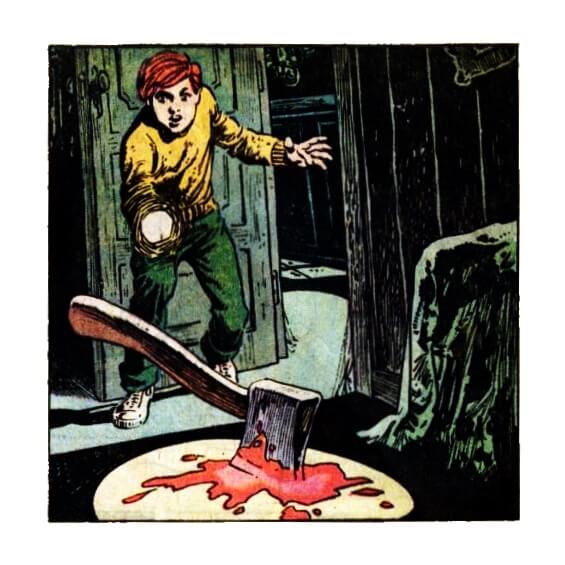

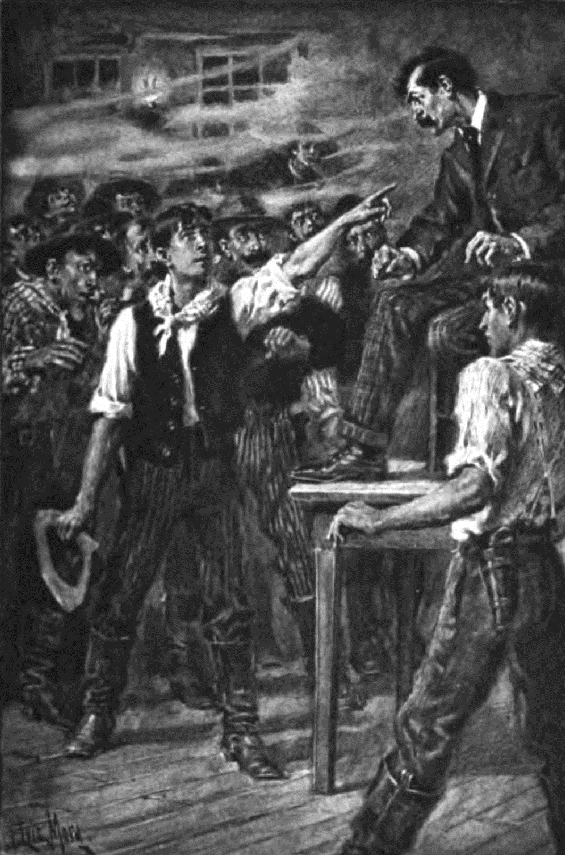
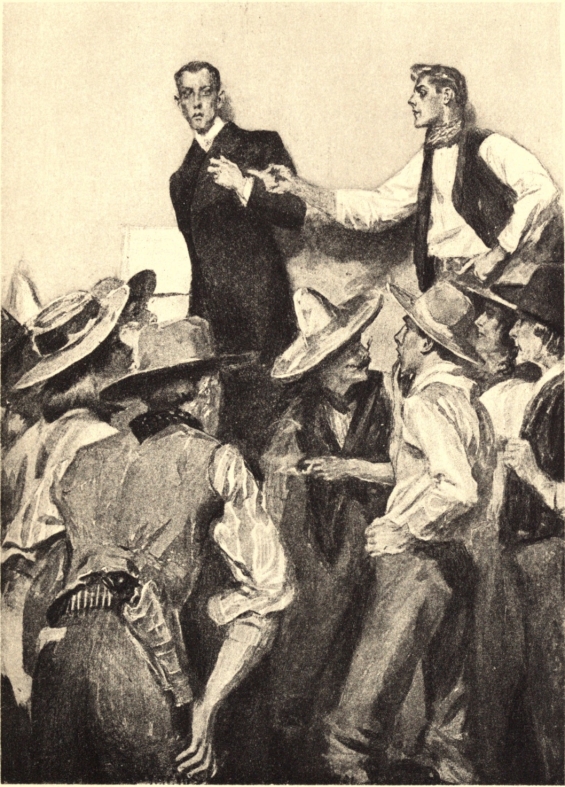

 Ilium (Ilium #1)
Ilium (Ilium #1)